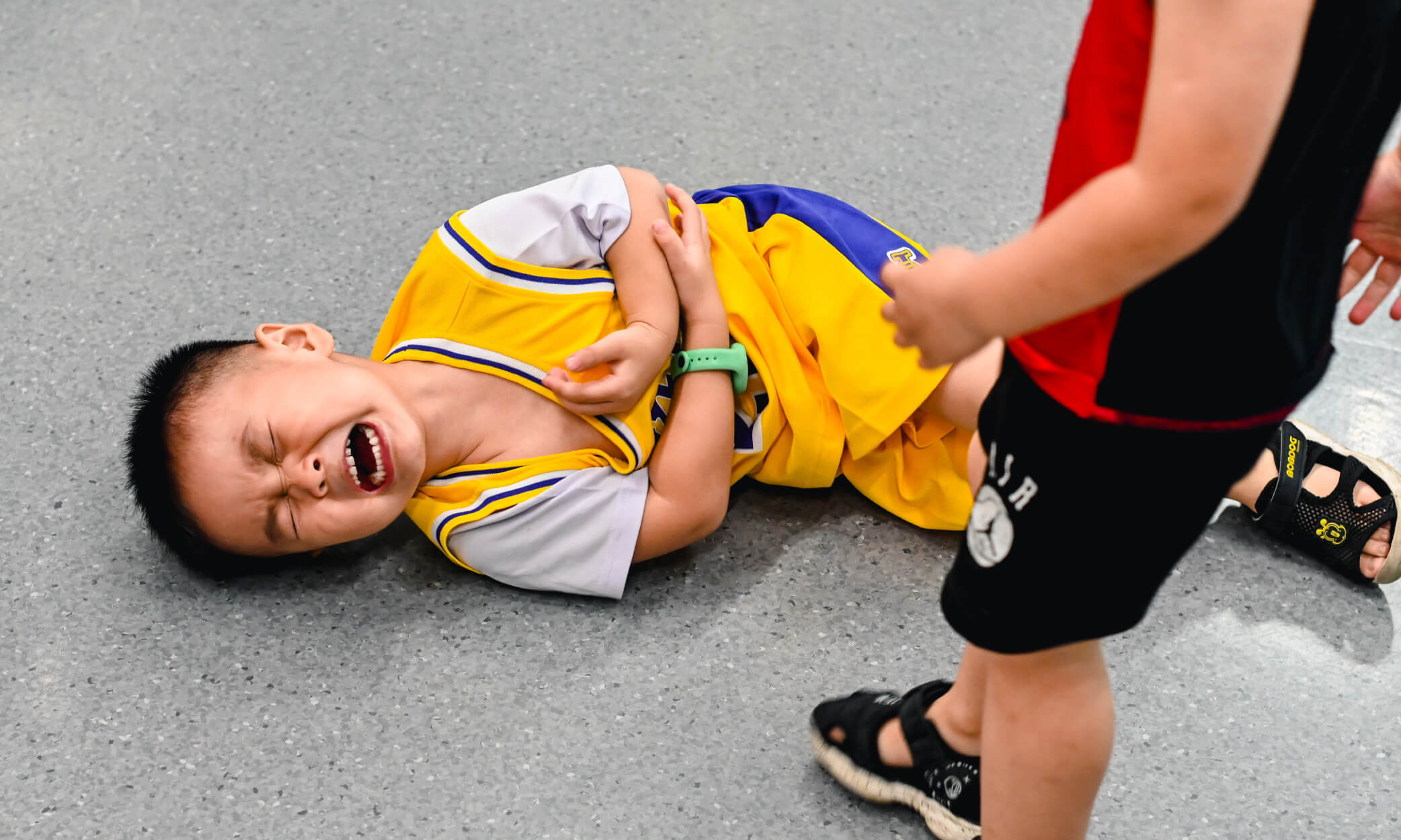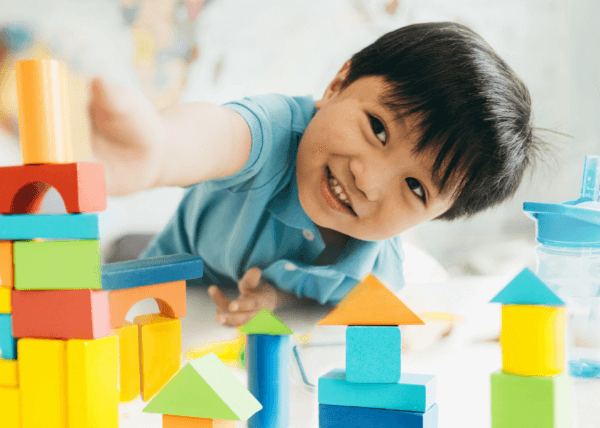Discover
At Home
Understanding The Terrible Twos

If you’re a new parent navigating the choppy waters of toddlerhood, fear not! From temper tantrums to potty training, the ‘terrible twos’ can be intimidating. However, with the right know-how, you’ll be a toddler wrangler in no time! Let’s first understand what the twos are all about.
First and foremost, it’s important to remember that the terrible twos are simply a developmental phase. All children go through it—it’s just a matter of when. For some, the twos start as early as 18 months; for others, they may not begin until age 3. There are a few reasons why the twos can be tough. For one, toddlers are asserting their independence. They’re starting to figure out who they are and they want to do things their way. The toughest part about this is the balancing act of maintaining your authority as a parent while granting the little one enough space to explore who they are. Additionally, toddlers are developing their language skills. They’re learning how to communicate what they want, but they don’t always have the words to express themselves or understand lengthy reasonings. This can lead to frustration on both ends. Throw in some big emotions and a dash of curiosity (which often leads to trouble), you could feel like you are at your wits ends every day!
With a little patience, a sense of humour and a little help, you can get through the twos with your sanity intact. Here are a few tips:
Be consistent with expectations and boundaries in as few words as possible.
Boundaries are important for toddlers to learn what behaviours are acceptable and what aren’t. But of course, toddlers are designed to keep pushing their limits and test to see if you will give in one day. In these situations, it is important to be firm but kind. For example, if the rule is playtime comes after mealtime, be consistent and repeat it as many times as they test you. This way, they will eventually learn when it comes to expecting playtime – it must be earned by first finishing their meals!
Encourage communication of needs instead of emotional meltdowns
Meltdowns are a natural part of this phase and are completely understandable, especially when your little one isn’t getting their way or is frustrated about a task they couldn’t complete. It might seem like the easiest way is to solve the problem immediately so the tantrum stops, but that’s only a temporary fix. The important lesson here is showing them that big emotions can be experienced, but we can also come back to a calm state, which is when the problem gets resolved. So, stay calm and encourage your little one to slowly calm down before talking about a resolution. Patience and deep breaths will be your best friend.
Create a daily routine and stick to it
The toddler phase can be incredibly uncertain for little ones, as they are just beginning to explore and understand the world around them. Everything is new and exciting, but it can also be overwhelming and stressful. That’s why establishing a reliable routine can be such a beneficial tool for both parents and toddlers. Having a consistent schedule with set times for meals, play, and nap time helps toddlers know what to expect next, which in turn helps them feel more secure and less anxious. They thrive on predictability and routine and it can be a great comfort for them to know that there is a structure to their day, so they feel more confident and secure as they navigate this exciting but challenging phase of development.
Spend time with parents who are going through the same stage
It takes a village to raise children and we all need those extra sources of support. Get involved in classes with children of similar ages and connect with other parents, you’ll see that you’re not alone in this! Classes designed to help your children’s personal, social, and emotional development can make this challenging stage much easier to navigate. Join our toddler class and our community of young parents and come out the other side even stronger! Find out how our team of experienced educators can help!
The terrible twos don’t have to be terrible with the right approach, it is the time when children learn key emotional competencies such as emotional regulation, emotional resilience and so much more that will prepare them for bigger challenges ahead!

